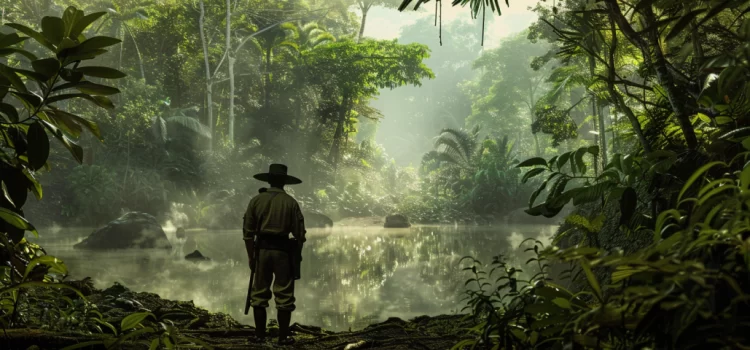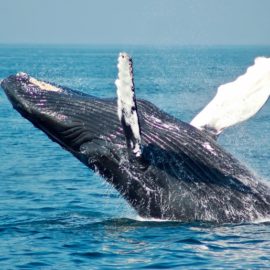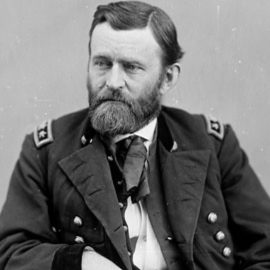
Who was Percy Fawcett? What experiences led him to become an explorer? What did he discover about indigenous tribes?
Percy Fawcett, born in 1867, was a famous British geographer, explorer, cartographer, and archaeologist. He’s most famous for his expeditions to South America in search of a theorized lost civilization—and for disappearing mysteriously on one said expedition.
Keep reading to learn about Fawcett’s upbringing and early expeditions, from the book The Lost City of Z by David Grann.
Percy Fawcett’s Early Life and Experiences
Who was Percy Fawcett and how did he become famous? According to Grann, Percy Fawcett’s adventurous spirit can be traced back to his upbringing. Born into a wealthy but troubled Victorian family, young Percy was shaped by challenging circumstances. His father, Captain Edward Boyd Fawcett, struggled with alcoholism, which led to the loss of the family fortune and likely contributed to his early death. Percy’s mother, Myra Elizabeth, was known for her harsh and unfair treatment of her children, creating a home environment lacking in warmth. These early experiences molded Percy into a reserved individual.
Family matters also complicated Percy’s personal life, particularly when it came to his relationship with Nina Agnes Paterson. Despite initial resistance from his family and deception from his mother, Percy’s charm and determination eventually led to a reconciliation and marriage with Nina.
Percy and Nina had two sons together, Jack and Brian. Jack not only surpassed Percy’s athletic achievements but also embraced his father’s high standards. However, Brian often felt neglected due to Percy’s frequent absences. Financial difficulties within the family also impacted the children’s educational opportunities and increased their reliance on Nina.
Military Training
Fawcett’s enrollment at the Royal Military Academy, affectionately known as “the Shop,” played a crucial role in developing his resolute approach to exploration. The rigorous training at the Academy fostered resilience and toughness, qualities that would prove invaluable during his future expeditions. The institution’s emphasis on promoting Western ideals, such as capitalism and Christianity, while transforming native lands and dwellings, also influenced Fawcett’s perspective.
(Shortform note: While the Royal Military Academy likely instilled certain skills and values in Fawcett, it’s an oversimplification to attribute his approach to exploration solely to his education; personal experiences and innate qualities also play significant roles.)
Early Expeditions
Fawcett’s early expeditions in Sri Lanka and Bolivia solidified his reputation as a skilled explorer. In Sri Lanka, he searched for a rumored treasure, reflecting his fascination with archaeology and ancient civilizations. Although the treasure remained elusive, Fawcett’s love for adventure only grew stronger.
(Shortform note: Fawcett’s reputation as an experienced explorer was established through his expeditions, but it is important to consider the contributions and expertise of local guides and Indigenous peoples to his successes, which are often underrepresented in historical accounts.)
His remarkable abilities truly shone during his explorations of the Amazon. Fawcett meticulously planned his 1906 expedition to Bolivia with his deputy Arthur John Chivers, ensuring they were well-equipped with supplies ranging from tea and preserved milk to surveying tools and items for bartering with indigenous tribes. Despite facing harsh conditions, including extreme weather, limited resources, and dangerous wildlife, Fawcett emerged as an exceptional adventurer.
Fawcett’s physical endurance and navigational skills were put to the test in the dense Amazon rainforest. He not only survived these perilous journeys but also returned with valuable knowledge and detailed maps, cementing his status as an unconquerable explorer.
Questioning Preconceptions
Fawcett’s encounters with indigenous tribes, such as the Guarayos and the Maxubis, challenged prevailing views about the Amazon at the time. He discovered sophisticated pharmacological knowledge, well-organized community structures, and advanced agricultural practices that highlighted the hidden complexities and historical significance of the region. This realization inspired Fawcett to leave the boundary commission and embark on a quest to uncover ancient civilizations in the vast South American rainforest, setting the stage for further anthropological research and recognition.
(Shortform note: While Fawcett’s interactions with indigenous tribes did challenge prevailing views, it’s worth noting that his interpretations were still through a colonial lens, and he may have held biases common to his time.)






